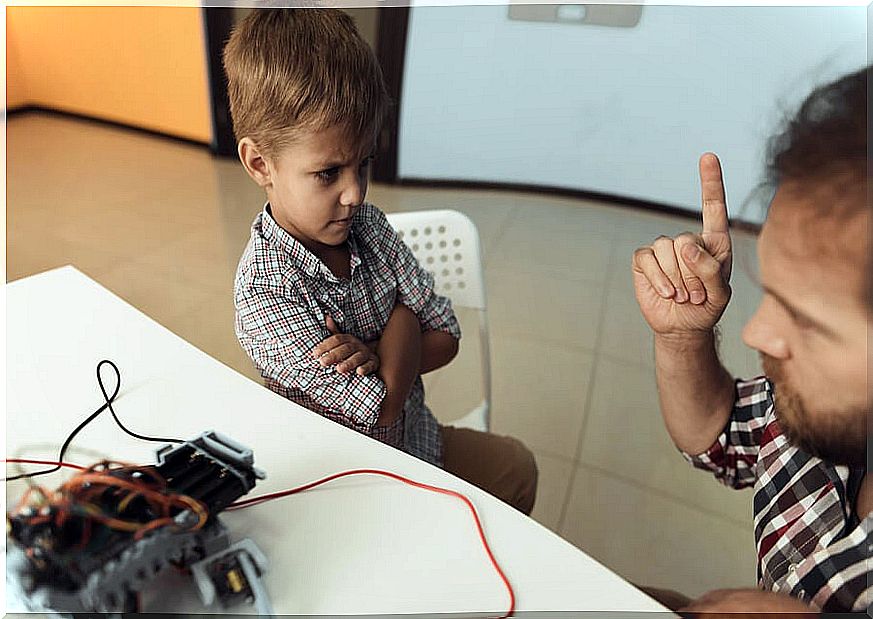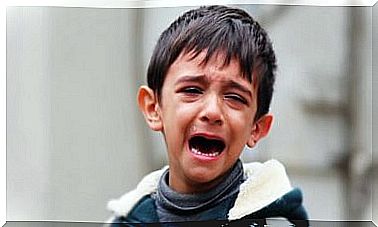Children Who Ignore Their Parents

Just as there are parents whose parenting method includes inattention, lack of affection and abuse, there are also children who address their elders poorly. This is the case of children who ignore their parents, a problem that affects many families and that deserves a prompt solution.
Children’s attitudes that ignore their parents
A child with this challenging behavior in front of the elderly is characterized by presenting often and in different circumstances some of the following actions:
- He does not want to heed or obey orders.
- Warnings, threats or punishments do not change their behavior at all.
- They detract from the actions of parents, even good gestures and presents.
- They seek independence — even for things they are unprepared for — and reject the help of their elders.
- Rebellion, verbal abuse and refusal to show affection to their parents.
Why some children who ignore their parents?
Like everything in the behavior of children, this can have different origins and will depend largely on their character, education and environment. However, if this attitude occurs exclusively with one of the two parents, the child may have negative feelings towards one of them.
This may be because you prefer the other, with whom you can spend more time, or because you are upset or offended by some past issue. In all cases, it will be best to inquire and talk to get to the bottom of the matter.

On the other hand, it should also be considered that there are ‘difficult’ children, whose temperament makes them irascible, answering and somewhat spoiled. More often this has social rather than biological roots; no child is ‘born bad’.
These infants exert a form of psychological violence; they cause suffering and pain in the parents to put themselves in a situation of power and dominion over them. When it lasts for a long time, this disorder is often called emperor syndrome.
Parents must maintain and assert their authority in these situations ; otherwise, the child could reach adolescence believing that he has power over them, which would be a big problem.
How to solve this conflict
The way parents react will also depend on the stage of childhood their child is in. We will divide them as follows:
Babies
Children under the age of two do not understand many everyday situations. Therefore, it is best if their parents do not force them to do anything they do not want to. This may even further reinforce your negative behavior.
Try just the opposite: good treatment, affection, affectionate words and positive rewards will help to form a relationship of closeness and respect.
2 and 3 year old children
One mistake many parents make is arguing with their children as if they were adults. Instead, it is best to stand firm in the posture, but with kindness, and always explaining the reasons.
Thus, over time, the little one will understand that all the orders of his parents have a reason and he will comply with them, especially when he sees that they mean a benefit to him.

Children over 4 years old
In these cases, when the child has already started school, it may be useful to evaluate his behavior at school. In addition, from this area, a role model can be promoted that is later transferred to the home.
In addition, the child by now has become more aware that his actions have consequences. Therefore, the parenting method implemented must consider respect for the rules and hierarchy of parents.
It is also a good time to deepen the emotional education of infants. A key value here is empathy; They must learn to recognize that their words and actions can cause harm to those who love them, including their parents.
Ultimately, when children ignore their parents, it is necessary to reinforce the idea of authority of the elders. But this should not be done from the imposition, punishment or — much less — violence, but from the daily and affectionate education that every little one deserves.










